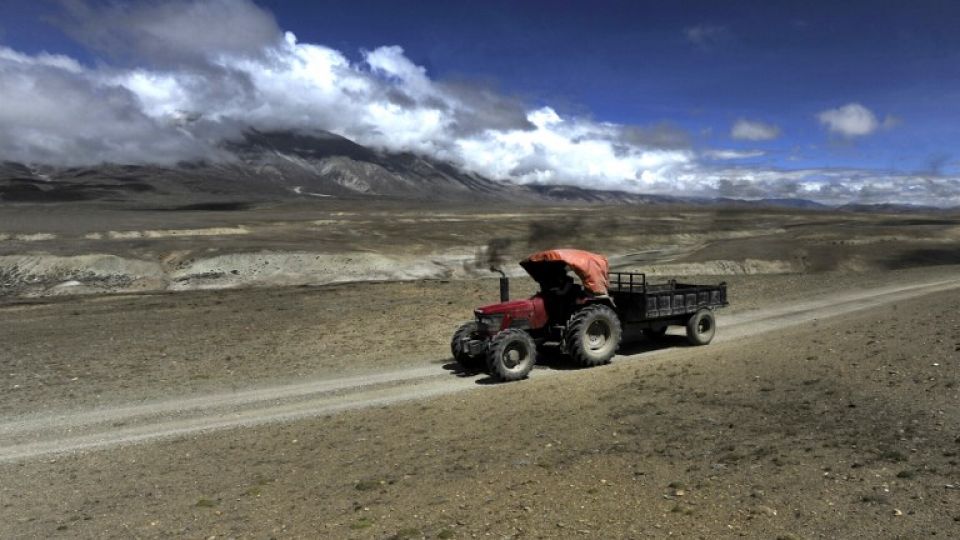January 29, 2019
The government is currently working on a total of eight laws that would either be formulated or be considered for amendment.
In a bid to address the overarching issues related to the environment, forests and climate change in the new federal structure, the Ministry of Forest and Environment has started drafting and amending various laws.
The Forest and Environment Ministry secretary Bishwa Nath Oli said the ministry is currently working on a total of eight laws that would either be formulated or be considered for amendment to make the country’s environment laws more encompassing.
“We need to make changes in our laws so as to make them compatible with the federal structure, and to make them more effective while dealing with environmental issues and conservation,” secretary Oli said.
At present, the ministry is discussing drafts of the Environment Protection Act, the Climate Change Act and the National Park and Wildlife Conservation Act to make them more inclusive of environmental conservation issues. The drafts and amendments clearly mention roles and responsibilities of all three levels of governments.
The existing, two-decade old Environment Protection Act-1997 doesn’t address issues of climate change, a phenomenon that is currently the biggest threat for the environment, wildlife and public in general, despite Nepal being one of the most vulnerable countries in the world in terms of its adverse impacts.
The Supreme Court has already asked the government to incorporate climate change in its existing environmental policies and also formulate a separate act relating to climate change.
Last December, responding to a writ petition filed by advocate Padam Bahadur Shrestha for the poor implementation of climate change policy, the apex court had also directed the government to effectively implement the existing Climate Change Policy until a separate act was formulated.
The environment secretary said the changes in the laws were also needed to promote the forest and environment sector as a ‘productive sector’.
“This sector is a productive sector which should be utilised for the country’s goal of prosperity. Our aim should not be only conservation, but utilisation of resources as well,” added secretary Oli.
The ministry has started consultation in all the provinces regarding the formulation of these laws including climate change polices, according to Maheshwor Dhakal, chief of Climate Change Management Division under the ministry.
“Not only provincial governments but also donour agencies are being consulted while formulating these new policies for governing climate change. We are focusing more one doable policies, interlinking climate change and sustainable development,” Dhakal added.


